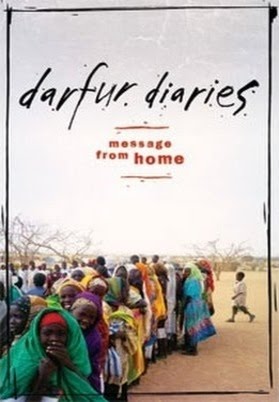2013 will be the European Year of Citizens
The better the men and women of Europe understand their rights as EU citizens, the more informed the decisions they can take in their personal lives, and the more vibrant democratic life in Europe can be at all levels.
This is the vision for the European Year of Citizens 2013, which will provide an opportunity for people throughout Europe to:
learn about the rights and opportunities open to them thanks to EU citizenship – particularly their right to live and work anywhere in the EU
stimulate debate about the obstacles that prevent people from fully using these rights and generate specific proposals for addressing them
encourage people to participate in civic fora on EU policies and issues.
The Year's activities will be organised as much as possible at the grass-roots level, by citizens and civil society organisations themselves.
Activities organised by the European Commission:
a centrally managed communication campaign with a multilingual website, communication toolbox, press kit and promotional material.
opening & closing conferences for the Year and thematic conferences
participation in national, regional and local events across the EU.






